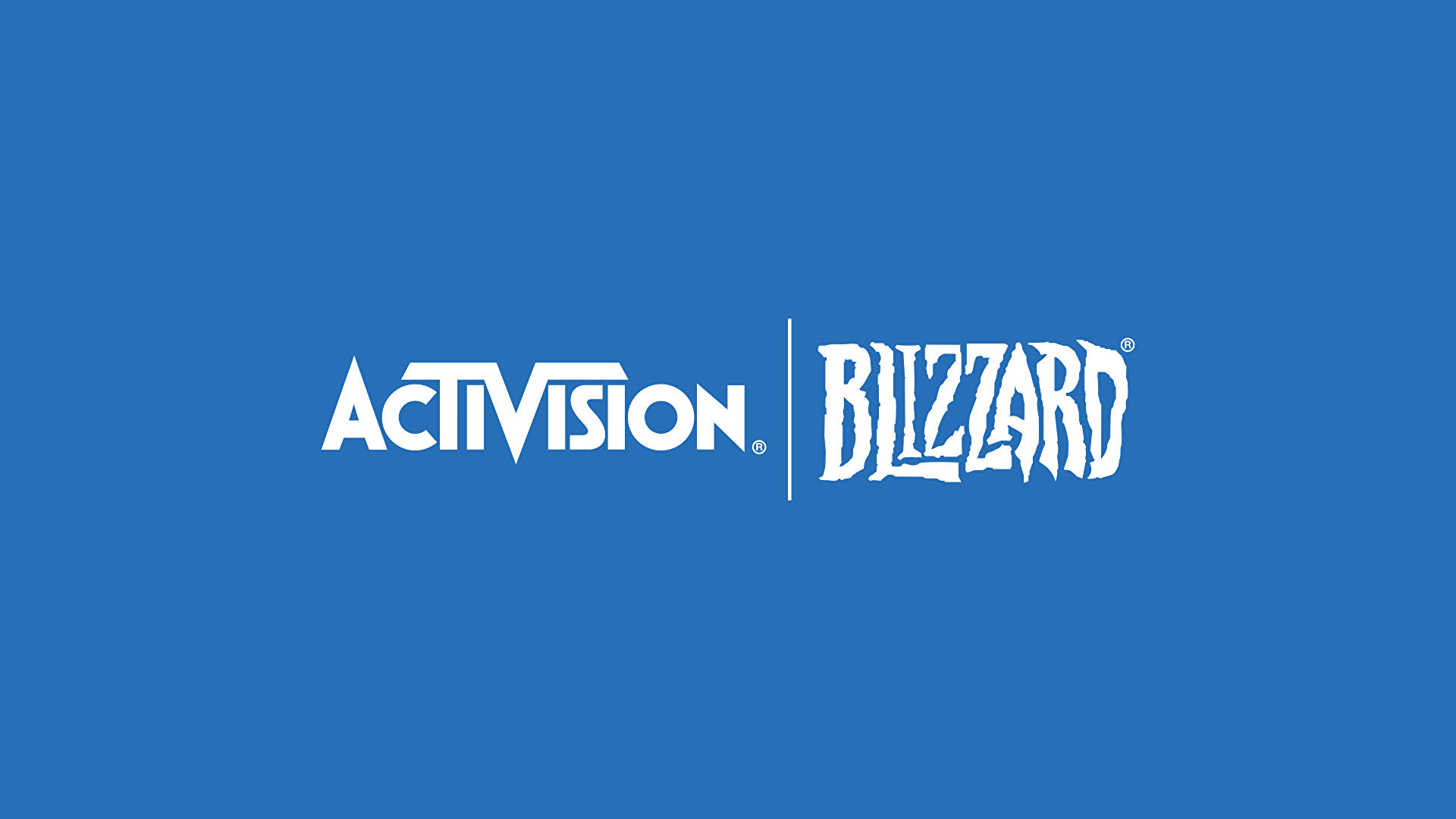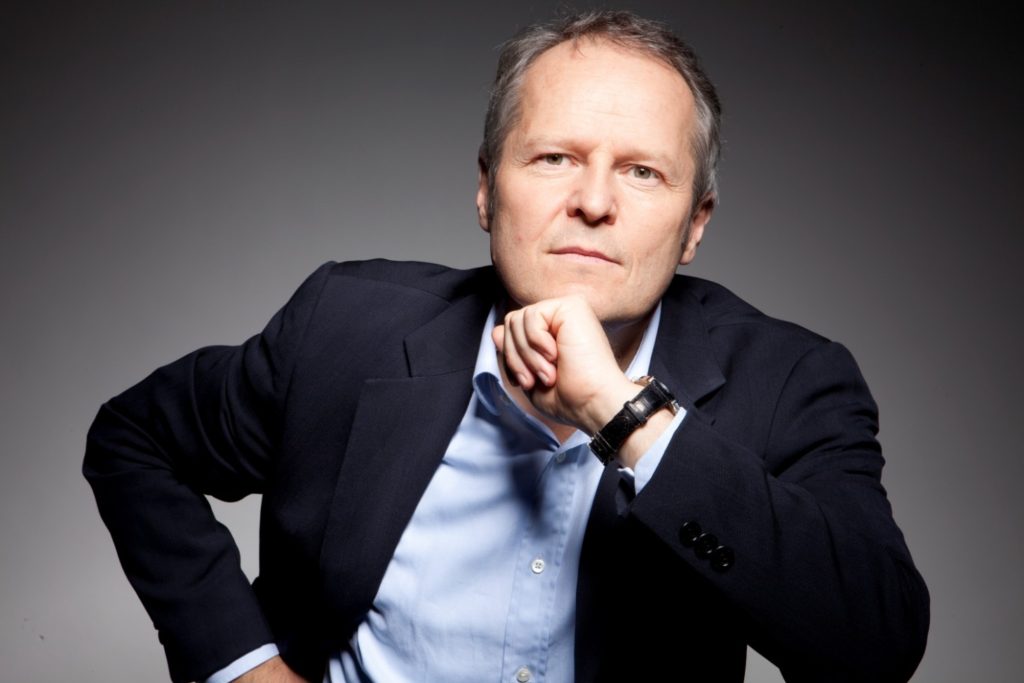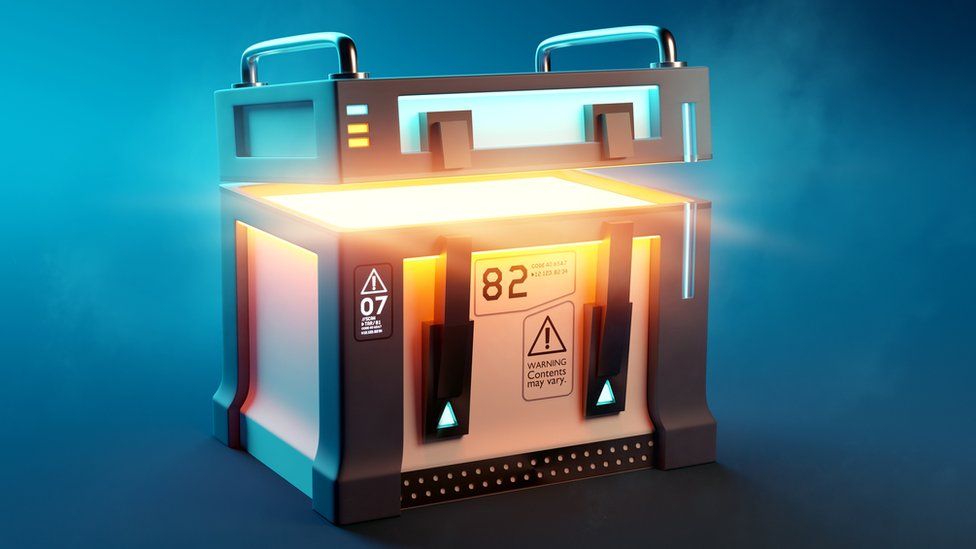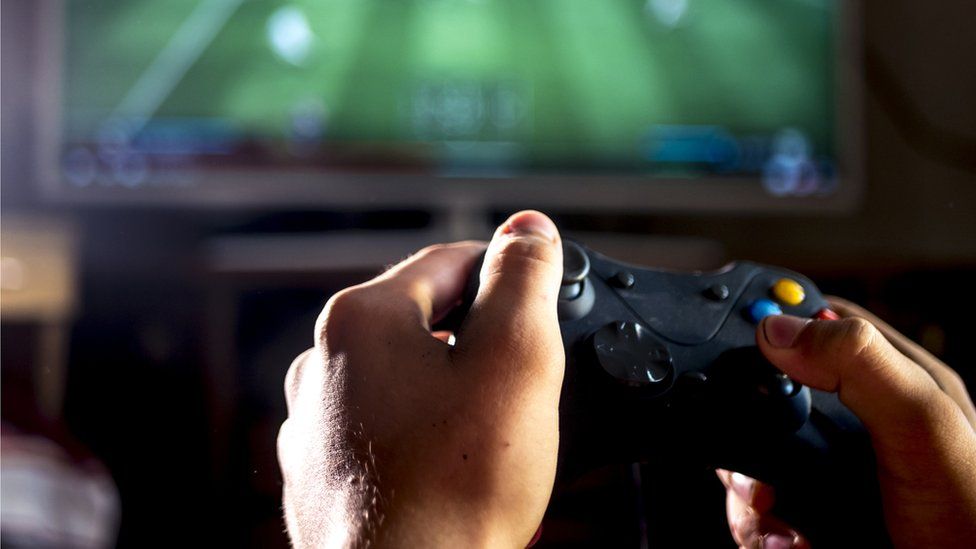While most industries suffered during the global pandemic of 2020, the videogame industry boomed, raking in a record-breaking profit of $162 billion USD. The industry is only projected to continue growing, with profits estimated to get as high as $256 billion USD by 2025.
So, with videogames accounting for such a mammoth portion of the entertainment industry’s combined revenue, it’s worth asking why that might be, and what it means. After all, even if you don’t play videogames, or you only play them very casually, you almost certainly have friends, children, a partner or partners that spend a large percentage of their time engaged with the medium. It’s in everyone’s interests to be informed about the machine that creates their entertainment.
There are several fluffy answers to as to why the videogame industry has become the undisputed titan of the of the entertainment industry and we’re going to quickly move through them before we get to the real answers.
Since the 1985 release of Super Mario, the game that heralded videogaming’s triumphant comeback after the crash of ’83, videogames have embedded themselves deeply into popular culture and become a staple of entertainment on computers, consoles, tablets and phones.
New media platforms such as YouTube and Twitch have appeared, allowing “Let’s Players” (people who record themselves playing games and post the videos after the fact,) and even more lucratively, “streamers” (people who live broadcast themselves playing videogames) to cultivate audiences of millions and make a good living as what is effectively a performer. Some of the most successful of this group even become millionaires themselves.
Esports (the competitive play of videogames in leagues and tournaments) have also taken off dramatically in recent years. Games such as Starcraft have been popular in Korea for decades, but lately competitive Call of Duty or League of Legends or Dota or Fortnite have become huge, giving out massive cash prizes, and attracting audiences of millions to watch their finales.
But all of that is mere window dressing. Symptoms and side effects, not the disease. The foundation of the videogame industry’s ludicrous financial success is a systemic culture of companies abusing and exploiting their workers.
These are toxic, misogynistic workplaces that harbour and safekeep known sexual predators, and routinely ignore or cover up wrongdoings for years on end. They do this while developing videogames that are increasingly marketed and designed to be invasive, predatory money-pits that exist solely to prey upon the consumer. Consumers such those with gambling issues, or the neurodivergent. Even children.
Activision-Blizzard, Cyclical Layoffs and a Hideously Overpaid CEO

Activision-Blizzard is the largest videogame company in the industry with a market cap of $70 billion dollars. If you’re unfamiliar, this is the company behind World of Warcraft, Overwatch, Candy Crush and Call of Duty. You’re familiar with at least one or two of those names, I’m sure. Activision-Blizzard’s success is built on cyclical lay-offs and a massive wage gap between its lowest paid workers and its CEO, who is regarded as one of the most overpaid CEOs in the US, period.
By the end of the 2018 fiscal year, Activision-Blizzard had made a record setting $7.26 billion dollars in sales (compared to $7.16 billion in 2017). In February 2019, Activision-Blizzard laid off 800 employees, a full 8% of its staff. Of this situation CEO Bobby Kotick said: “While our financial results for 2018 were the best in our history, we didn’t realize our full potential.”
However, despite these supposedly disappointing sales figures and the layoffs, Activision-Blizzard then expanded the workforce of three of its flagships, Call of Duty, Overwatch and Candy Crush by twenty percent.
This is standard practice for Activision-Blizzard and the industry at large: fire a huge swathe of workers and then hire new ones when crunch (the topic of the next section) demands it. And then lay them all off again. How do we know this is cyclical? Because it happened again the very next year.
In 2020, a year where most industries suffered but videogames boomed, Activision-Blizzard made a profit of $8.1 billion dollars, a huge jump since 2018. However, just before their major press-event Blizzcon 2021, Activision-Blizzard announced that they were laying off as many as 190 staff members, this time with the added insult of including a $200 gift voucher to Battle.net, the company’s online store, as part of their severance packages.
All of this while two other facts are a constant reality at Activision-Blizzard. First, Activision-Blizzard pays many of its employees less than they need to make ends meet; many staff reported being unable to afford eating in the company’s own cafeteria, and some are delaying having children or deciding not to have them at all because they are struggling financially.
Second, Bobby Kotick, the company CEO, is one of the most drastically overpaid men in America. Kotick made $28 million dollars in 2019, earning him the 45th spot on Fortune’s most overpaid CEOs in America list. In 2020, he made $30 million dollars, upping him to the 16th rank on that same list. Kotick has this year in 2021 elected to take a 50% pay-cut, though it should be noted that this is only due to pressure from the board of directors and is not in any way going to the employees who are still so drastically underpaid.
In fact, Kotick is still set to take home a huge round of bonuses this year due to the impressive profits of 2020. All while already being worth $8 billion USD dollars and with Activision-Blizzard gearing up to hire as many as 3000 new employees for 2021, to begin the cycle again.

The cherry on top? Activision-Blizzard doesn’t pay taxes. In 2018 Activision-Blizzard’s tax rate was -54%. Yes, negative. Not only did Activision-Blizzard not pay any taxes but they were in fact given a tax refund of $243 million dollars despite not having paid taxes in the first place.
Crunch, and Crunch Culture

Crunch is everywhere in videogame development from the largest “AAA” (the term used to refer to the biggest most prestigious companies in the industry) developers to the smallest independent developers. In order to paint you a clear picture of it, I’m going to briefly touch on four of the biggest stories of unmitigated crunch in the videogame industry in recent years; the cases of Rockstar’s Red Dead Redemption 2 released on October 26th 2018, Bioware’s Anthem released on February 22nd 2019, Naughty Dog’s The Last of Us: Part II released on June 19th 2021 and CD Projekt Red’s Cyberpunk 2077 released on the 10th of December 2020.
Rockstar
Red Dead Redemption 2 is widely considered a masterpiece making $725 million dollars in its opening week. But the human cost was immense. There are reports of employees working 100-hour work weeks to get it done, with some employees crunching for over a year. Others were made to sign waivers disavowing their right to only work eight hours out of every 24. Many current and former employees have spoken up, some publicly and some anonymously, about the “culture of fear” that pervades Rockstar; how if you weren’t putting in these hours you would be judged, spoken down to and abused by other employees and management.
You would be repeatedly told that working for this company, in this industry was a privilege and if you couldn’t handle the conditions there was a long line of people ready and willing to replace you. Many who spoke anonymously did so because they feared reprisal from the company.
It is also worth mentioning that Red Dead Redemption 2 is not the first time Rockstar has been accused of crunch. During the production of Red Dead Redemption (2010) the previous game in the franchise, a group of employee’s wives accused the company of forcing their husbands to work 12-hour days, every day in the months leading up to the game’s release.
This claim was backed up later by the employees themselves, several of whom talked about an internal company laundry service popping up to help employees stay at the office longer. L.A Noir (2011) was said to have a similarly brutal work schedule and several employees who worked on Max Payne 3 (2012) described the experience as a “death march”.
Bioware
Anthem – which wasn’t even supposed to be called Anthem. The development team already had tee-shirts printed calling it Beyond, but a week before it was publicly unveiled it was decided that getting the copyright on something as broad as Beyond would be too difficult. The name was changed at the last minute. This is a good indicator of how mismanaged the game was during the period of constant crunch. From the beginning, the game was plagued with a lack of direction, changing its core concepts and ideas throughout development.
Workers would crunch 60-to-100-hour weeks for months on end only to see all their hard work thrown out as what the game was even supposed to be was suddenly changed, everything they’d done scrapped to make room for something entirely new. The project bled staff. Veterans of the company who had worked at the company for decades in leadership positions, to new employees who burnt out early under the demanding load, left Bioware in droves.
Many employees talked about the manipulative language used by managers to encourage them to work well beyond their limits, explaining that it would all come together in the end in a phenomenon they called “Bioware magic” Bioware had done this before, but the “magic” was persistently absent as deadline after deadline passed.
Many developers spoke of PTSD, severe anxiety and suicidal thoughts during this period. In the end, the game that was Anthem was rushed out the door in less than 18 months, looking nothing like what most the people who ever worked on it thought or wanted it to look like, just to meet their final deadline. The game received widespread derision from players and reviewers.
Naughty Dog
The Last of Us Part II is a deeply divisive game. Some think of it as the defining videogame masterpiece of all time and others think of it as trash and a waste of time. What can’t be denied are the game’s absolutely incredible visuals or the equally incredible amount of crunch required to obtain that level of quality.
Naughty Dog employees were not given permission to speak to the press (which is obviously something any innocent company would do,) but according to many anonymous sources, the company has an unsustainable culture of perfectionism where everyone is expected to work incredible hours and get the job done no matter the cost.
Like Bioware and Rockstar before them, this is not the first time Naughty Dog has used crunch. During the production of Uncharted 4 (2016) the company, like Bioware, bled staff, burnt out as they were by the insane work hours and the midway scrapping and starting again of the entire project. The Last of Us: Part II was no different, more 100-hour work weeks, mismanagement and remaking parts of the game over and over led to massive demoralisation and mental health issues, long delays, short deadlines and a sense of obligation to suffer to get the job done.
CD Projekt Red
Cyberpunk 2077. You should know what I’m going to say by now, but that’s my whole point. After studio leads at the company promised concerned fans and members of the press that they would not crunch to make their game, it came out that even as that was being said some staff had already been working 70 plus hour weeks for over a year.
The game was hit with numerous delays as elements were thrown away and burned and then rapidly replaced in a mad dash leading to all sorts of mental health issues for employees as they, as is standard, worked long, uncompensated overtime for huge stretches of time before the game was finally released – totally and completely broken. The game was unplayable on the Playstation 4 causing huge controversy and demands for refunds.
My purpose in this incredibly brief cook’s tour of these games and the companies behind them is not to say that Rockstar, Bioware, Naughty Dog and CD Projekt Red are worse than other developers, far from it. My goal here in repeatedly hammering home the same points about these company’s similarly horrible conditions is to emphasise just how universal crunch culture really is. All these games were in production simultaneously and released within two years of each other. These four companies are not the worst the industry has to offer in terms of abusive and exploitative working conditions, but they are the norm. And I shouldn’t have to tell you that that’s worse.
Cultures of Harassment, Assault and Misogyny

Riot Games, most well-known for its incredibly popular and expansive MOBA (multiplayer online battlefield arena) game League of Legends came under fire in 2018 when a ground-breaking article detailing the culture of misogyny, sexual harassment and gamer-bro, frat-boy in-crowd culture was released.
Women in the company were routinely passed up for promotion, placed on lists of “most to least fuckable” by male employees, had it implied that they only had their jobs because of their looks, told they weren’t gamer enough, accused of having too much ego or being ladder climbers and had comments made about how their children and husbands must miss them while they were at work.
The company adhered to a culture of extreme gatekeeping, particularly towards female hires, who were extensively grilled by male staff about whether they were “core” (as in hardcore) enough gamers to work for them, an attitude pervasive amongst gamer-bros that women who don’t play the same games as themselves aren’t “real” gamers.
In 2018, all this and much, much more prompted the first walk out strike in videogame history. After events at Activision-Blizzard – which we will get to – the California Department of Fair Employment and Housing begun an investigation into the toxic culture of sexual harassment at Riot Games, which Riot has reportedly been deliberately delaying and obstructing by not telling its employees about their right to talk to the investigation.
Meanwhile, over at Ubisoft, developers of the Assassins Creed, Far Cry, and Rainbow Six (in fact the developer of all Tom Clancy branded games), the family owned and operated business was protecting abusers and burying accusations through the use of a very complicit HR department. The accusations against them included sexual harassment, verbal assault, physical assault, racism, and both threats of, and actual, rape.
These accusations have only come to light recently. Allegedly, Ubisoft Vice President, Maxime Beland, while at a work party, put his hands around a female employee’s neck and proceeded to choke her. This accusation prompted more than a dozen women in what we can now call the first wave to come forward using the #metoo movement in order to tell their stories and name names, claiming a culture of severe sexism often accompanied by racism.
Ubisoft Executive Tommy Francois was accused of and is apparently well known for frequently pressuring female staff to have sex with him in front of other employees and frequently attempting to kiss and touch them without permission. The company allegedly spent years covering up this sort of behaviour and simply moved abusive staff members from one division of the company to another when things got too hot.
Such behaviour has earned Ubisoft a dubious nickname in some circles: “the Vatican of the games industry”. Ubisoft CEO Yves Guillemot gave a brief statement, hardly acknowledging any of this, before immediately moving on without saying how much he knew and when he knew it. Despite recent claims that “big strides” have been made, as many as 40% of Ubisoft employees when asked, still feel unsafe going to work.

Finally, the most recent big event in sexual assault and harassment in gaming: the recent lawsuit levied by our old friends the California Department of Fair Employment and Housing towards our old enemies at Activision-Blizzard.
Along with sharing almost all the horrific culture of Riot and Ubisoft, Activision-Blizzard is the only one of these companies with a confirmed kill count. A female employee, who had been subject to intense sexual harassment for months – up to and including having naked photos of her passed around the office – committed suicide whilst on a “work trip” with a male supervisor.
The details are this bad across the board. Widespread discrimination. Sexual assault. Violence. Female employees passed up for promotion whilst doing twice as much work as male employees who play videogames on work hours and make constant jokes about rape. Male supervisors ‘hitting on’ female employees, female employees being derided for becoming pregnant or for having to pick their children up from school or day care.
Woman being kicked out of lactation rooms so that male employees could have meetings, systemic deadnaming and misgendering of trans staff, it goes on and on. If you’ve been paying attention to the news at all for the last few years, then you are aware of the fact Bill Cosby is a rapist – and so the fact that there was a “Cosby Room” at Activision-Blizzard with a massive, framed picture of him on the wall should be enough to horrify you.
Activision-Blizzard employees staged a walkout recently as yet more details of the toxic culture of misogyny continue to surface.
All three of these cases are ongoing. All three of these companies are under investigation and all three of these companies are being sued. It’s not nearly enough. The actions taken by the companies themselves do not go nearly far enough in taking responsibility for this nightmarish culture, and the steps to prevent it all from happening again in the future have been laughably minimal.
None of the victims have been compensated or received any justice at all. And while its likely none of them ever will, what with how rich and powerful these companies are, it is a stone-cold, undeniable, heartbreaking and utterly enraging fact that there is at least one former Activision-Blizzard employee who will never, ever get the justice she deserves.
Loots boxes, Microtransations and Games Designed to Prey on Players

Whereas up until now I’ve talked about how videogame companies exploit their workers, loot boxes and microtransactions are the way in which videogame companies are increasingly exploiting their players too. A loot box is, as an EA representative explained to the UK’s parliament, a “surprise mechanic”. The gist is you pay real world money for an in-game box, you open the box and get a number of random in game items ranging from common and boring to rare and cool.
The catch is the rare and cool items are incredibly rare and so players are encouraged by the game to spend as much money as possible. If that sounds like the pokies down at your local RSL, you’re right. That disgusting little “surprise mechanic” line was given in an oral evidence session during the UK’s ongoing investigation into loot boxes as a form of gambling, something Brazil has also picked up on in recent months.
Microtransations are almost old news at this point but no less greedy: they are simply small in game purchases you can make. You spend five real world dollars and you get a specific item that you paid for in game. But let’s put both loot boxes and microtransactions in context. You pay here in Australia anywhere from $60 to $100 dollars for the base version of a new videogame, not accounting for special or deluxe additions that slice of parts of the game for those who pay more.
Once you’ve done this, companies like EA and Activision-Blizzard (who dramatically increased the popularity of loot boxes with their 2016 smash-hit Overwatch) deliberately encourage and funnel players to spend more and more money.
The clearest example of this is the Ultimate Tournament mode in EA’s FIFA series – FIFA being the worldwide soccer association responsible for running the World Cup.
FIFA and EA have a longstanding partnership wherein EA makes the videogame version of the World Cup, and every year millions and millions of copies of its yearly FIFA release are sold. Ultimate Tournament mode is basically Fantasy Football; you can put together a team made up of players from every team in the world and play other players using these teams – but with the catch that all these players must be bought with FIFA Ultimate Tournament Coins.
These FUT coins are an evil-genius layer of obfuscation: you spend real money to buy fake money, which you can then use to then spend on loot boxes. Such loot boxes have a 0.1% chance of turning up the most valued players in the game. EA is on record saying multiple times that their goal with the FIFA franchise is to funnel as many people to this game mode as possible in order to find the “whales”; people who will spend thousands upon thousands of dollars on as many loot boxes as possible.
These whales are almost always children, people with problem gambling issues or the neurodivergent. EA, Activision-Blizzard and Epic games (who makes Fortnite – a game almost exclusively played and loved by children) – know this. It’s a deliberate part of their business model and they keep doing it over and over, creating predatory economies which trap the vulnerable into paying huge sums of money.
What To Do?

The short answer is badly in both cases, but the latest ongoing situation at Activision-Blizzard has caused at least a small shift. Some gamers are swearing off Activision-Blizzard titles for good, while some journalists and big names in the communities surrounding some of Activision-Blizzard’s biggest titles have put up their hands and said they won’t cover or have anything to do with any of Activision-Blizzard’s games until the situation is properly redressed.
But the people with the most power to make change in the videogame industry are the workers themselves. After the situation at Riot was brought to light, employees staged the first walkout strike in videogame history. The situations at both Ubisoft and Activision-Blizzard have prompted strikes, walkouts and letters demanding justice and improved conditions. The topic of unionisation in the videogame industry has been talked about and has been slowly gaining momentum for years, through the efforts of groups like Game Workers Unite. Notably, the lawsuit against Activision-Blizzard is being headed up by a union.
Ultimately, though, even the strongest union is a band-aid solution. Because the beast itself, that economic and social system that allows industries like the videogame industry to become the monsters that they are, is capitalism and capitalism will always be at odds with what’s best for both workers and consumers (a totally capitalist term in and of itself).
The events shaking the videogame industry should look to you like a warning. A canary in the coal mine for how bad even supposedly “soft” jobs might become under unregulated capitalism. If you’re looking at all this and saying. “So what? All this happens at my work and worse!” then congratulations, the company you work for, and capitalism is screwing you over too. And you should really be upset by that.
